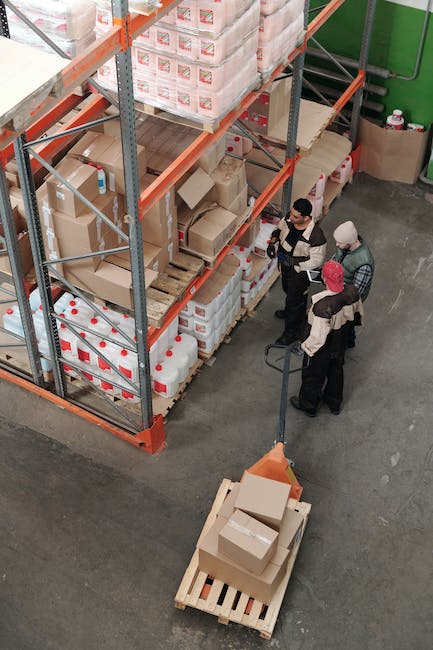The Vital Role of Bees in Human Life
Bees are incredible animals that are essential to the survival of our planet. They are responsible for pollinating plants and helping to sustain our agricultural systems, which provide us with vital food sources. Beyond that, bees are incredibly important for our ecosystems and environment as a whole. Unfortunately, these incredible creatures have been facing a great deal of endangerment due to various factors such as climate change, habitat loss, and pesticide exposure, making it more important than ever that we act to protect them. In this article, we will be exploring the importance of bees to human life and the various methods available to help keep them safe.
The Role of Bees in Nature
Pollination and Agriculture
Pollination, the transfer of pollen from one flower to another, is essential for about two-thirds of the world’s food crop production. Bees are one of the primary pollinators of flowering plants, providing valuable pollination services to over a hundred different natural crops in addition to many commercial crops. As a result of this, bees enable us to maintain a robust agricultural sector that supports humans and wildlife alike.
Ecological Diversity
Another important role played by bees is their contribution to ecological diversity. Bees are prominent pollinators and are vital link in the food chain that maintains an array of different species. Studies have shown that an increase in bee diversity can result in an increase in the diversity of other species, giving us a better understanding of the environment as a whole.
Other Roles
Bees also play an important role in the pollination of other species, such as birds and various other insects. In addition to this, they function as a source of food for other wildlife and can be a source of nutrition for humans, providing us with a host of essential vitamins and minerals.
Threats to Bees and Their Population
Habitat Loss
The destruction of natural habitats is having a significant impact on bee populations. Habitat loss affects bees directly as they require specific resources that are available in their natural environments. Human activities such as urbanization, mining, and deforestation can destroy these environments and thus damage bee populations.
Pesticide Exposure
The use of toxic chemicals such as pesticides can have a serious impact on bee health. Pesticides can have a range of adverse effect on bees, including weakening their immune systems and disrupting their reproductive capabilities. As a result, they may be less capable of pollinating plants or producing offspring.
Climate Change
Climate change is another major threat to bee populations. Bees rely on cues such as temperature and rainfall levels to know when to emerge and pollinate plants. With climate change, these cues may become unreliable, resulting in a decrease in bee activity and pollination. Additionally, as temperatures rise and severe weather events become more frequent, bee colonies may be put in danger from becoming destroyed by winds or floods.
How We Can Keep Bees Safe
We must act now to ensure that bees, and the vital services they provide, remain a part of our planet’s ecosystems. Here are some of the ways we can help keep bees safe and healthy:
Creating Bee-Friendly Habitats
We can create habitats and gardens that provide bees with the resources they need to thrive, such as food, water, and shelter. Planting flowers and shrubs that provide food sources for bees and avoiding the use of pesticides can make a noticeable difference in supporting bee colonies.
Educating People
Educating people about the importance of bees and the threats they face is key to our success in protecting them. Raising awareness of the issue and providing information on how to help bees can empower individuals and communities to take action and make positive changes.
Supporting Conservation Efforts
There are a number of organizations devoted to the conservation and protection of bees. Supporting these efforts financially or through volunteering can have a great impact on the status of bee populations and help to ensure that these incredible creatures remain a vital part of the Earth’s ecosystem.
People Also Ask
What is the importance of bees?
Bees are essential to the global ecosystem, providing pollination services for crops, contributing to ecological diversity, and serving as a food source for other wildlife.
Why are bees endangered?
Bees are endangered due to a variety of factors such as habitat loss, pesticide exposure, and climate change.
What can be done to save the bees?
We can save the bees by creating bee-friendly habitats, educating people about the importance of bees, and supporting conservation efforts.
Do pesticides kill bees?
Yes, pesticides can be highly toxic to bees and can weaken their ability to pollinate plants and reproduce.
What happens if bees become extinct?
If bees become extinct, the global ecosystem would face a great deal of disruption. Plants and other species that require pollination would suffer, potentially leading to a decline in overall biodiversity.
Final Words
The importance of bees to human life cannot be overstated, and we must take action to ensure their safety and well-being. By creating bee-friendly habitats, educating people on the issue, and supporting conservation efforts, we can make a tangible difference in the fight to protect these incredible creatures.

